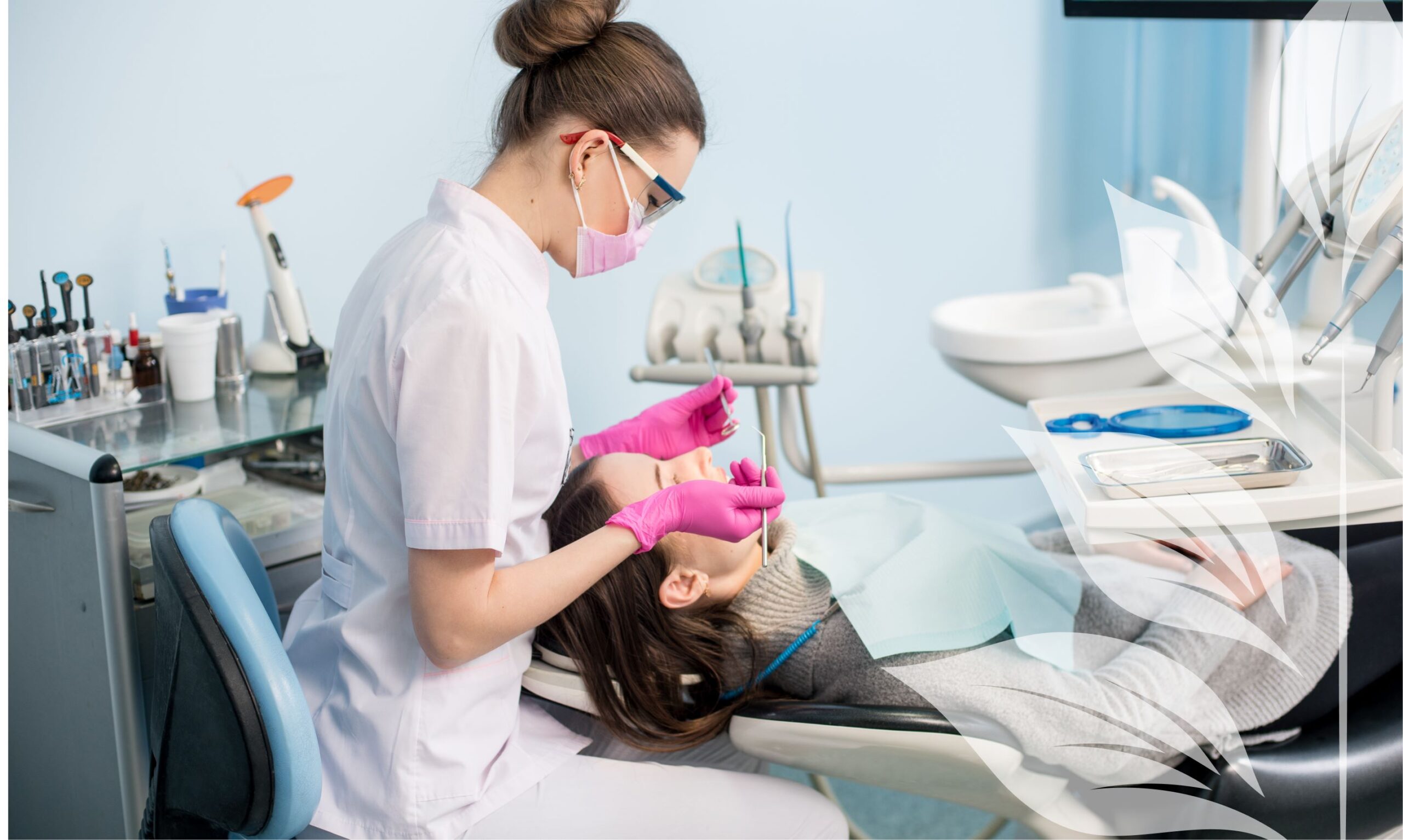Common Causes of Toothaches
Toothaches can be incredibly frustrating and disruptive, turning even simple tasks like eating or talking into painful challenges. Whether it’s a dull ache or sharp, throbbing pain, the discomfort can feel overwhelming. Often caused by cavities, infections, or gum issues, toothaches are a reminder that something isn’t right and needs attention.
Addressing a toothache promptly is crucial to prevent the problem from worsening. What starts as mild discomfort can quickly escalate into severe pain, signaling deeper issues like infections or tooth decay. Ignoring a toothache can lead to more serious complications, including abscesses, tooth loss, or even systemic infections. Early treatment not only relieves pain but also protects your overall dental health, saving you from more invasive and more costly treatments down the line. Prompt action ensures peace of mind and helps you maintain a healthy, pain-free smile.
Toothaches can stem from a variety of underlying issues, each requiring timely attention to prevent further complications.
Cavities
One of the most common causes of tooth pain is tooth decay. When plaque builds up on the enamel, the acids it creates gradually eat away at the tooth structure, causing cavities. As the decay progresses deeper, it exposes the tooth’s sensitive inner layers, leading to discomfort or sharp pain, especially when eating or drinking.
Gum Disease
Gum disease, such as gingivitis or its more severe form, periodontitis, can cause toothaches by affecting the soft tissues surrounding the teeth. Inflammation, receding gums, and pockets of infection around the tooth can result in pain, sensitivity, and even loose teeth if left untreated.
Fractures
A tooth fracture or crack can cause either intermittent or constant tooth pain depending on the severity, especially when chewing. These cracks may be small or invisible to the naked eye, but they can irritate the tooth’s nerves, leading to sharp pain when pressure is applied or when exposed to temperature changes.
Infections or Abscesses
An untreated cavity or injury can lead to a gum infection or abscess—a painful pocket of pus at the tooth’s root or in the gums. Abscesses are often accompanied by throbbing pain, swelling, fever, and a bad taste in the mouth. If left untreated, the infection can spread, posing serious risks to your health.
But how do you get rid of a toothache?
Tips for Immediate Toothache Relief
Toothaches are typically felt in the tissue surrounding the tooth rather than within the tooth itself. Gum pain can signal a mouth sore, abrasion, something lodged between teeth, or an infection. While waiting for a dental appointment, opt for soft foods and steer clear of very hot or cold items. For immediate relief from a toothache, consider these helpful home remedies for tooth pain:
- Warm saltwater rinse: Mix 1 teaspoon of salt with an 8-ounce glass of warm water and rinse as needed to help reduce inflammation and cleanse the area.
- Over-the-counter pain relievers: Ibuprofen is the most effective medication recommended by dentists for toothaches, and it can also ease swelling.
- Cold compress: Apply a thin, soft towel wrapped around an ice-filled plastic bag to the outside of the cheek to numb pain and reduce swelling.
When To See a Dentist
If you’re experiencing toothache, it’s important to know when to seek professional help. You should see a dentist if the pain persists for more than a day or two, as this may indicate a more serious issue. Severe discomfort or noticeable swelling in the area is also a sign that you should make an appointment. If you develop a fever alongside the toothache, this could point to an infection that requires immediate attention. Additionally, signs of infection such as pus or a bad taste in your mouth should never be ignored. Prompt dental care can help prevent complications and relieve your pain.
If you’re dealing with a toothache and are unsure about its severity, feel free to call the team at Allred Family Dentistry, serving Giffin and Hampton, Georgia, as your family dentist. We can provide guidance on how to address your tooth pain, whether that means scheduling an appointment for an evaluation or directing you to an urgent care facility for immediate assistance. Our team is committed to ensuring you receive the best dental care possible and finding you a toothache remedy.
Preventing Future Toothaches
To reduce the risk of future toothaches, it’s essential to maintain regular dental checkups and professional cleanings. These appointments help identify potential issues before they become serious. Adopting good oral hygiene practices—such as brushing twice a day, flossing daily, and using mouthwash—can also significantly improve your dental health. Additionally, maintaining a healthy diet low in sugary foods and drinks helps prevent cavities, further protecting your smile from discomfort.
The Allred Family Dentistry team is committed to answering your questions about proper hygiene and providing you with the most advanced preventive dentistry. Schedule an appointment with Allred Family Dentistry to address any toothache concerns.





